Humanity; HIV/AIDS Control Program for Aceh
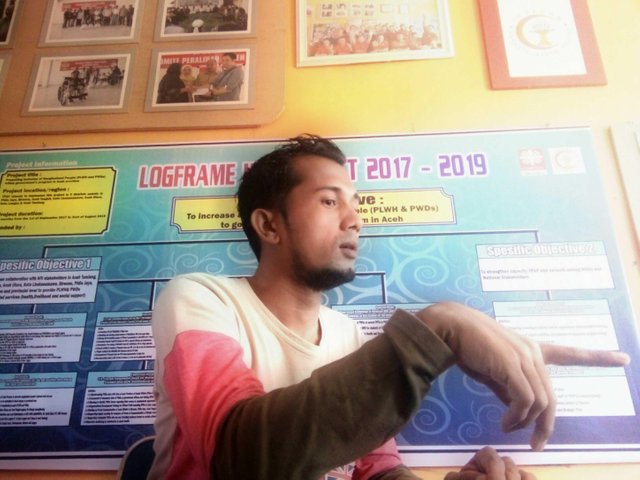
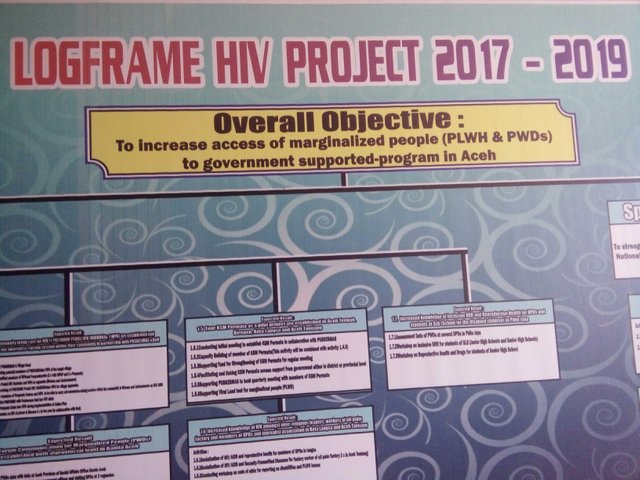
For over a year we have been working on HIV/AIDS prevention programs for the aceh generation, Aceh is now a trending issue for HIV/AIDS, especially among teenagers. The issue of this disease has become our focus on a sustainable basis, on the other hand we also sincerely hope the involvement of all parties to overcome it.
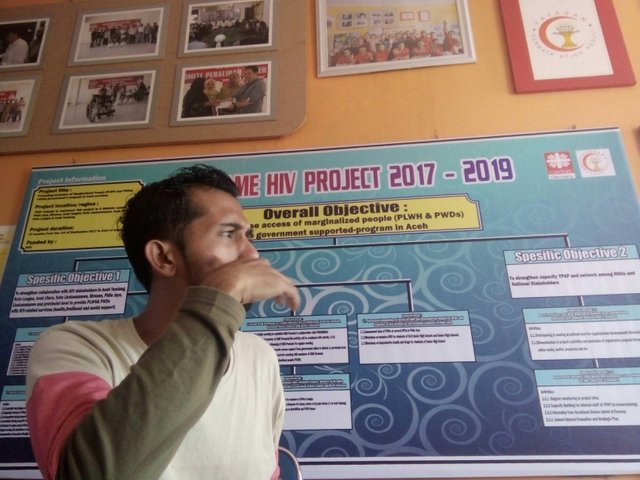
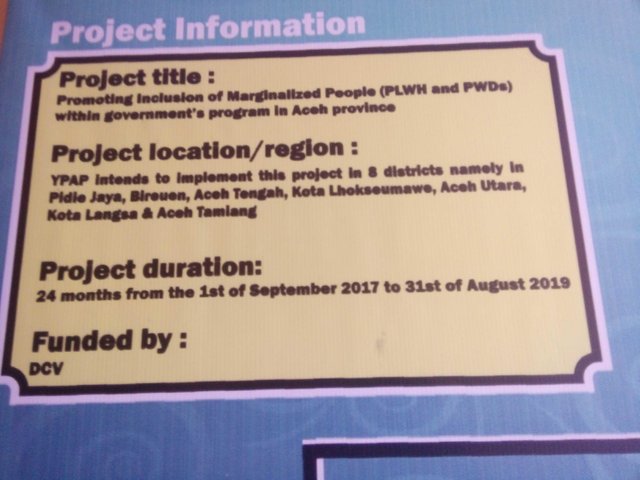
If we are infected with HIV, our body will try to attack the infection. Our immune system will make 'antibodies', special molecules that attack HIV. Blood tests for HIV look for these antibodies. If the antibodies are found in our blood, we are infected with HIV. People who have antibodies to HIV are called 'HIV-positive' or infected with HIV. AIDS is caused by a set of symptoms due to a deficiency or weakness of the immune system that was formed after we were born. AIDS is caused by a virus called HIV or Human Immunodeficiency Virus.
Being infected with HIV does not mean we are AIDS. Many people infected with HIV have not been sick for years. The longer we get infected with HIV, the more
damaged our immune system is. Viruses, parasites, fungi and bacteria that normally do not cause us problems can cause illness if the immune system is damaged. The disease is called 'opportunistic infections' (OIs)'.
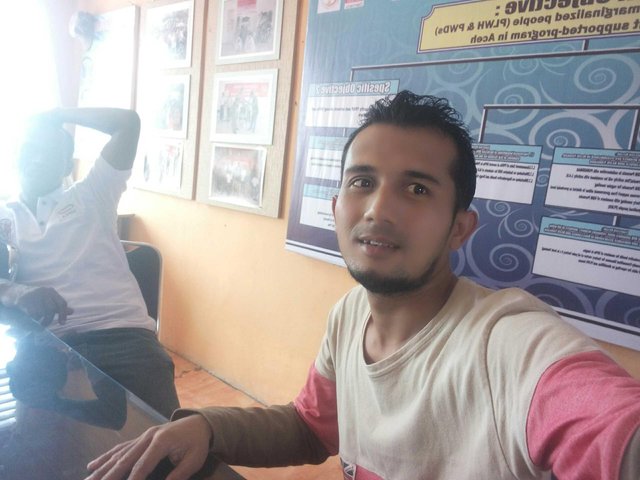
So what if we are infected or infected with AIDS?
Actually, we are not 'exposed' to AIDS. We may be infected with HIV, and then develop AIDS. We can get
HIV from someone who's already infected, even if the person does not look sick, even with an HIV test that's not positive. The blood, vaginal fluid, semen and breast milk of an HIV-infected person contain enough virus to infect others. Most people get HIV through:
Sex with people infected with HIV.
Use of syringes alternately with people infected with HIV.
Birth by an infected mother, or breastfed by an HIV-infected woman.
A few years ago some were infected with HIV through blood transfusions containing HIV (taken from an HIV-infected person), but now the blood of PMI is screened very carefully, and the risks are very low.
There have been no cases of HIV transmitted through tears or saliva. But HIV can be transmitted through oral sex (oral sex), even with a deep kiss. Transmission through deep kiss is very rare, unless there is a severe injury to the mouth, or bleeding gums.
We may not know that we are newly infected with HIV. Approximately 2-3 weeks after infection, some people experience flu-like symptoms: fever, headache, muscle and joint pain, abdominal pain, swollen lymph nodes, or skin rashes for a week or two. These symptoms usually go away without treatment. Most people feel this is indeed a flu. Some people do not experience any symptoms. See Fact Sheet 103 for more information on early stages of HIV infection. The virus will multiply in our body for several weeks or even months before our immune system responds.
During this time, HIV test results remain negative (sometimes reported as 'non-reactive'), even though we are already infected and can infect others.
After responding to the virus, the immune system starts making antibodies. Once enough antibodies are made, the HIV test results will be positive or 'reactive'. After flu-like symptoms (if they occur), we will stay healthy for many years - some people have no symptoms for ten years or more. But during this period without symptoms, HIV continues to damage our immune system. One way to measure damage to the immune system is to count the number of CD4 cells. These cells are an important part of the immune system. A healthy person has a CD4 count between 500 and 1,500. See Fact Sheet 124 for more information on CD4 cells. Without therapy, our CD4 count is likely to continue to fall. We may experience symptoms of HIV disease, such as fever, night sweats, diarrhea, or swollen lymph nodes. These symptoms persist for more than a few days, possibly over several weeks.
HIV disease becomes AIDS when our immune system is severely damaged. If our CD4 cell count is below 200, or CD4% (CD4%) percentage below 14%, we are considered AIDS. When we experience certain OIs, we are considered AIDS. Ministry of Health officially issued a list of IOs that define AIDS. The most common are :
TBHIV disease becomes AIDS when our immune system is severely damaged. If our CD4 cell count is below 200, or CD4% (CD4%) percentage below 14%, we are considered AIDS. When we experience certain OIs, we are considered AIDS. Ministry of Health officially issued a list of IOs that define AIDS. The most common are:
Tuberculosis, in the lungs or outside the lungs (LI 515).
PCP, a kind of lung infection (LI 512).
CMV (cytomegalovirus), an infection that usually affects the eyes (LI 501).
Candidiasis, fungal infection in the mouth or vagina (LI 516).
Other symptoms related to AIDS include excessive weight loss, and other health problems. If left untreated, OI may be serious. AIDS is different for every person with HIV. Some people get to AIDS a few months after being infected, but most can live healthy enough for years, even after AIDS. A small proportion of people with HIV remain healthy for years without even taking antiretroviral therapy (ART).
I hope this information can be a reflection for us all, especially for generations of aceh. HIV/AIDS is already a nightmare for us all, in today's already many young people who become victims of HIV/AIDS virus due to free association or transmission from others who do activities at risk of HIV virus, we can not confirm the amount real and detailed information about people who have been infected with the virus, because physically this virus does not give a real effect so that the virus changed to develop AIDS.

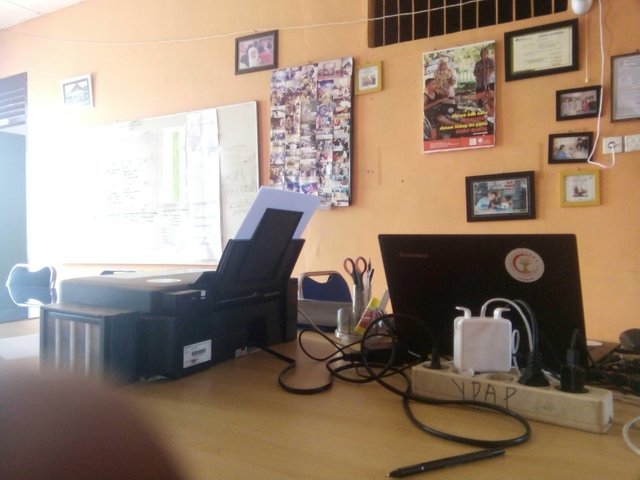
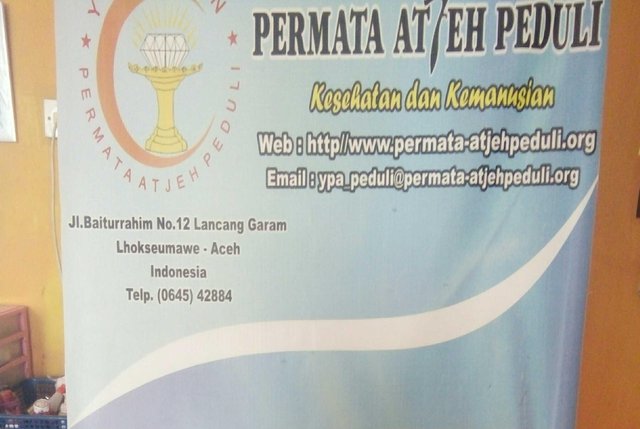
By : Non General Organizet - YPAP
your post is very good, I like it
Thank you @welyam ..
Good post
Hope it can be important information for all of us ...
Mantap
👍
You are doing a wonderful job @sudutpandang i hope we can collaborate in term of reducing the HIV-AIDS cases in Aceh. You might want to read my article in here
https://steemit.com/aceh/@alzamna/hiv-aids-incidence-2018-update-in-aceh-indonesia-iceberg-phenomenon-revealed.
Yes @alzamna ,,
I visited your post two days ago, and have my team repost your posts.
hopefully this activity can bring goodness for generations of aceh,
Yes @alzamna, I am a hobby of building relationships with everyone,
I think we have the same direction in the activity, we can be able to ...
As a follower of @followforupvotes this post has been randomly selected and upvoted! Enjoy your upvote and have a great day!
Thank you so much....
waiting for more from you sudutpandang! keep motivating!
Thank
@resteemator is a new bot casting votes for its followers. Follow @resteemator and vote this comment to increase your chance to be voted in the future!
Okay @resteemator ...thank you so much...